
Collaborations
- Home
- LSTM Partnerships
- Collaborations
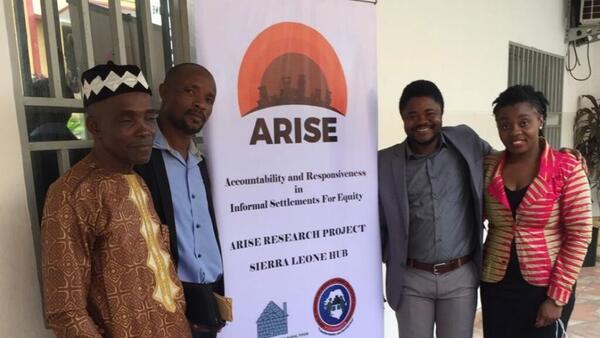
ARISE Hub
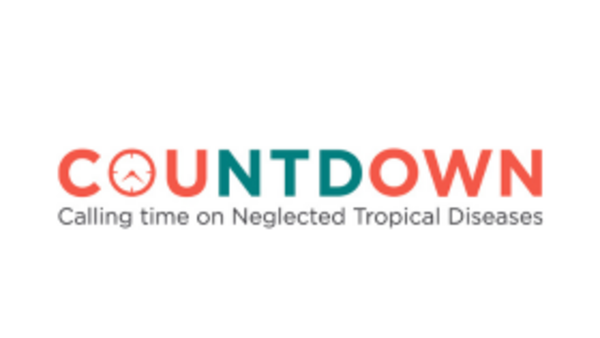
COUNTDOWN
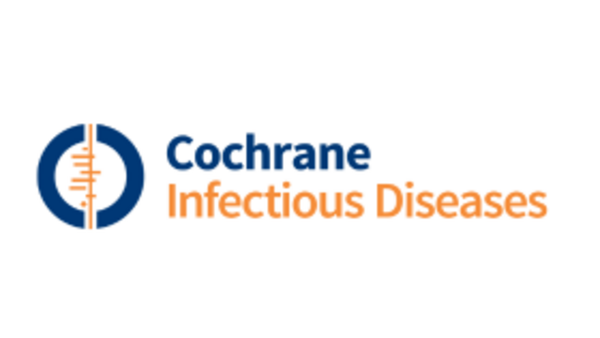
Cochrane Infectious Diseases Group
The Cochrane Infectious Diseases Group (CIDG) editorial base is located at the Liverpool School of Tropical Medicine in Liverpool, UK.
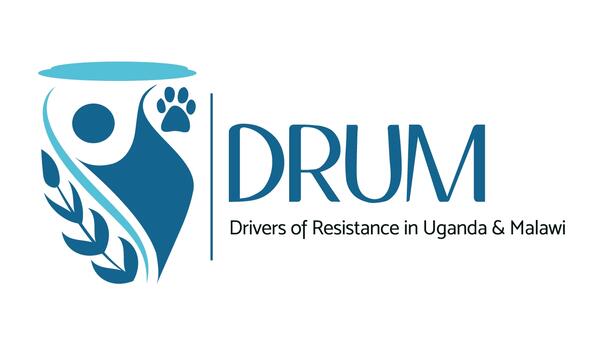
DRUM: Drivers of Resistance in Uganda and Malawi
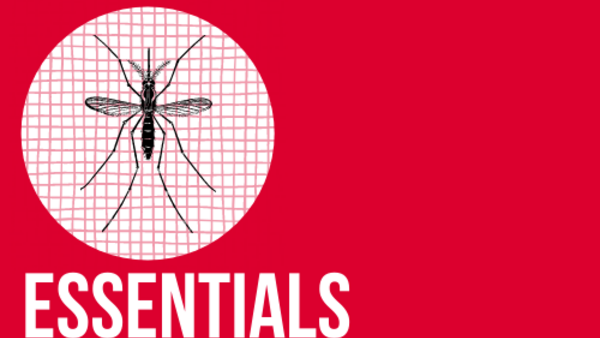
ESSENTIALS
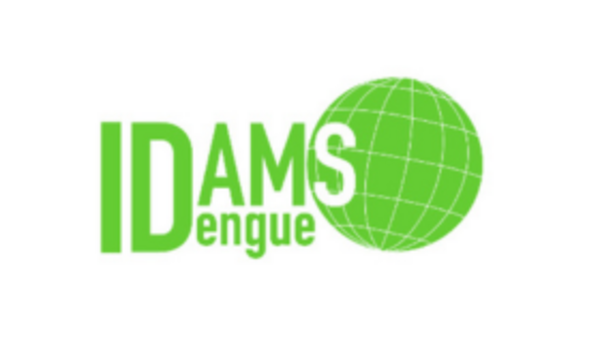
IDAMS
IMPACT TB
Tuberculosis kills 5,000 people every day and over 1,000 people fall sick with TB each day. The great majority of these are the poorest members of our society, with limited access to healthcare and no resources to cope with illness. We know that for any infectious disease the best way to control epidemics is either through vaccines or finding and treating every case to prevent transmission. The only TB vaccine, BCG, is not very effective and this has allowed TB to continue to kill millions of people every year.
IMPACT: Improving the impact of existing malaria products – ACTs
With colleagues from the Liverpool School of Tropical Medicine (LSTM), the College of Medicine, the University of Cape Town and the World Wide Antimalarial Resistance Network (WWARN), the IMPACT study team will strengthen the evidence base around cardiac safety and drug-drug interactions with antiretroviral drugs through pooling of individual patient safety data.
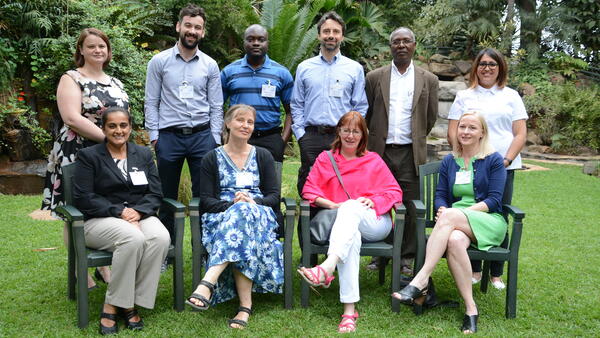
IMPPACT
Members of the IMPPACT Consortium
Back Left: Tracy Seddon, Patrick Walker, Mwayi Madanitsa, Feiko Ter Kuile, Simon Kariuki, Cheryl Giddings | Front Left: Meghna Desai, Annemieke van Eijk, Jayne Webster, Jenny Hill
Imported fever service (IFS)
The imported fever service (IFS) provides:
- 24-hour, 7-day a week telephone access to expert clinical and microbiological advice to support management of febrile patients, infection control and public health interventions
- 24 hour on-call molecular diagnostic service for viral haemorrhagic fevers and certain key differential diagnoses eg malaria, dengue
- next working day diagnostic service for a range of other acute imported fevers such as chikungunya and rickettsias
- panels of diagnostic tests designed for 10 world regions, with the aim of delivering a positive diagnosis rather than ruling out single infections
IMPROVE
Malaria Capacity Development Consortium (MCDC)
The programme is developing capacity in African universities that will not only lead to improvements in the malaria control measures available in Africa, but also stimulate research into the development of new ways to control the disease.
MalariaGEN
The Malaria Genomic Epidemiology Network (MalariaGEN) is an international community of researchers working to understand how genetic variation in humans,Plasmodium parasites, and Anopheles mosquitoes affects the biology and epidemiology of malaria, and using this knowledge to develop more effective ways to control the disease.
MalariaGEN is a scientific network that connects researchers and clinicians in malaria-endemic countries with cutting-edge DNA sequencing technologies and genomic research.
Through a number of multi-centre projects, we provide a framework for generating, integrating and sharing genetic and genomic data, and for investigating key questions about malaria biology and epidemiology. Learn more about how genomics can help to defeat malaria.
The network is coordinated by the MalariaGEN Resource Centre whose members are based primarily at the Wellcome Trust Centre for Human Genetics at the University of Oxford and at the Wellcome Trust Sanger Institute on the Wellcome Genome Campus.
Malaria in Pregnancy (MiP) Consortium
The Malaria in Pregnancy (MiP) Consortium, led by the Liverpool School of Tropical Medicine, was established in 2007 with an initial grant of $30 million from the Bill & Melinda Gates Foundation and is also supported by the European Union and EDCTP. The research programme will directly benefit the 50 million women globally who face exposure to malaria whilst pregnant every year.
MiRA
With funding from a Wellcome Trust Collaborative Award, LSTM with partners CNRFP in Burkina Faso, University of Glasgow, University of Durham, Warwick University, Univesity of Oxford and Imperial College have initiated a new three year study on Malaria in Insecticide Resistant Africa (MIRA). This project will quantify the public health impact of insecticide resistance and estimate the finances required to meet malaria control targets in high burden countries where malaria is stubbornly persistent.
NEAR-AMR: Network of European and African Researchers on Antimicrobial Resistance
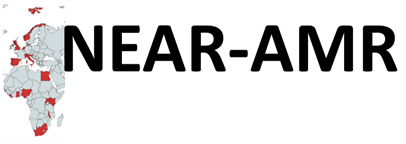
The Network of European and African Researchers on Antimicrobial Resistance (NEAR-AMR) represents a group of experts from leading institutions throughout Europe and Africa, within multiple disciplines (clinical, pharmacy, veterinary, environmental microbiology, epidemiology, molecular biology, and evolution) encompassing a One Health approach to AMR. The comprehensive geographical locations of network members allow different, country-specific insights into the two focal areas of this Network:
Neonatal Nutrition Network
NIHR Health Protection Research Unit in Emerging and Zoonotic Infections
RECAP-SL
RECAP-SL is a €250,000 funded project under the 2nd European & Developing Countries Clinical Trials Partnership (EDCTP2) programme.
ReCITE
Research, Evidence and Development Initiative (READ-It)
Read-It is a UKAID funded research and development grant that has a single key performance indicator:
Increased number of evidence-informed decisions by global, regional and national decision-makers that benefit the poor, including women
ReBUILD
The ReBUILD Consortium was an international health systems research partnership which between 2011 and early 2019 addressed the previously neglected area of health systems research in fragile and conflict-affected settings.
State of the Tropics
Key institutions partner in the analysis of a range of environmental, social and economic indicators to answer the question whether life in the Tropics is getting better. The resulting 2014 report provides the first in-depth, objective assessment of the Tropics as an environmental and geopolitical entity in its own right. Drawing on the knowledge, experience and diverse backgrounds of leading institutions the report assesses the state of the region and provide a foundation for policy makers, geopolitical analysts and other stakeholders to examine in greater detail the tropics and the major issues affecting it.
Stop TB Partnership
The Stop TB Partnership is leading the way to a world without tuberculosis (TB), a disease that is curable but still kills three people every minute. Founded in 2001, the Partnership's mission is to serve every person who is vulnerable to TB and ensure that high-quality treatment is available to all who need it.
Together the1300 partners are a collective force that is transforming the fight against TB in more than 100 countries. They include international and technical organizations, government programmes, research and funding agencies, foundations, NGOs, civil society and community groups and the private sector.
Stop TB operates through a secretariat hosted by UNOPS in Geneva, Switzerland and seven working groups whose role is to accelerate progress on access to TB diagnosis and treatment; research and development for new TB diagnostics, drugs and vaccines; and tackling drug resistant- and HIV-associated TB. The secretariat is governed by a Coordinating Board that sets strategic direction for the global fight against TB.
The Centre for Research in Infectious Diseases (CRID)
The Centre for Research in Infectious Diseases (CRID)is a research Centre located in Yaoundé, Cameroon, and is hosting a research unit from LSTM under the leadership of Wellcome Trust Senior Fellow, Professor Charles Wondji.
The Global Snakebite Initiative
World Health Organization Collaborating Centre
LSTM has been designated by the World Health Organization (WHO) as a WHO Collaborating Centre for Evidence Synthesis in Global Health.
This initiative is supported by the Cochrane Infectious Diseases Group, which supports the WHO in developing recommendations for healthcare policy, developing guidelines for the management of infectious diseases, organising training in research methods, and assisting in the communication of research results to policy makers, clinicians, teachers, and the public in low- and middle-income countries.
This work includes:
- Providing rigorous, up to date systematic reviews to help inform decision making
- Helping build capacity in low- and middle-income countries in research synthesis
- Supporting WHO guideline development
- Helping WHO in its role as an infomediary in communicating reliable summaries of research evidence to policy makers, clinicians, teachers, and the public in low- and middle-income countries
Current designation period 2012 – 2024
Visit the WHO Collaborating Centres Website